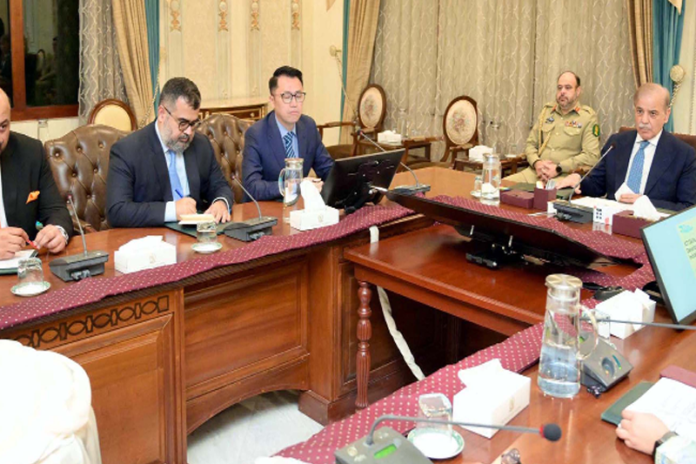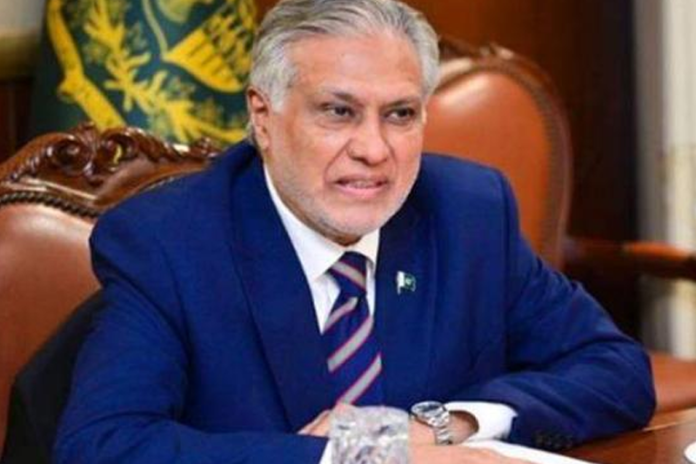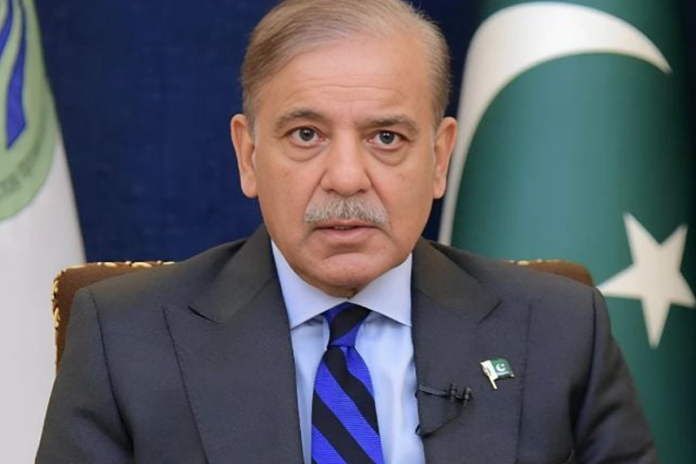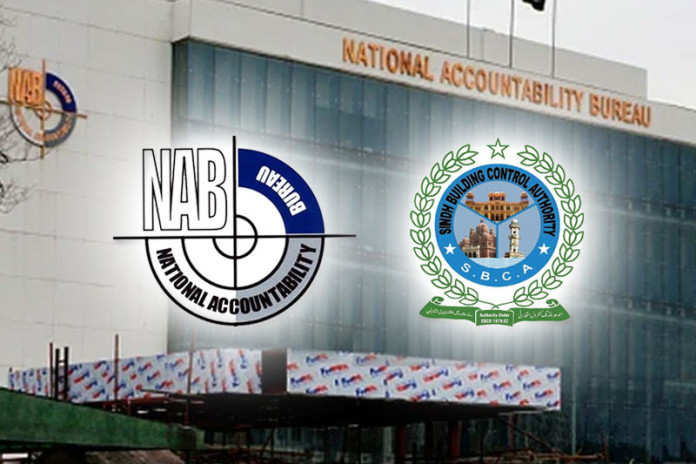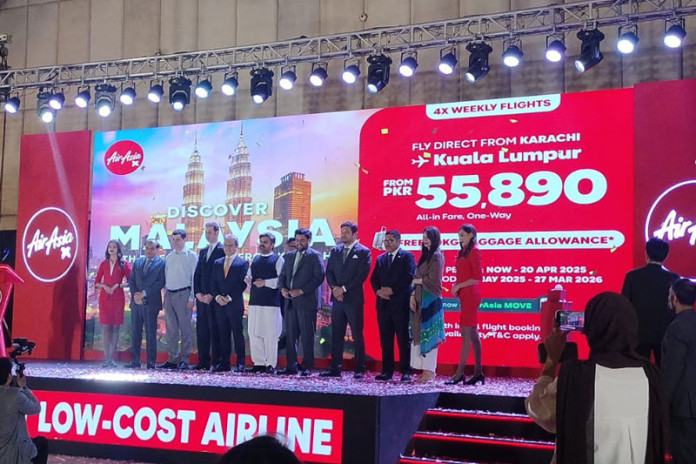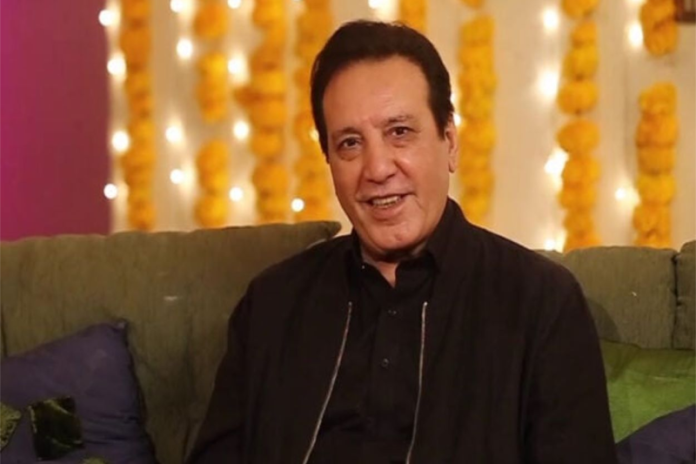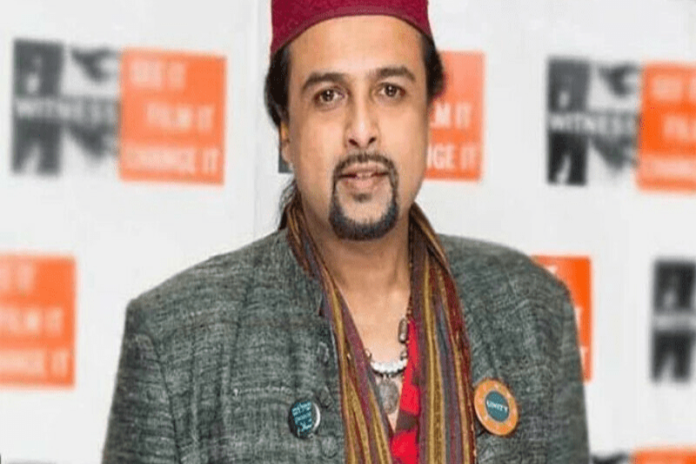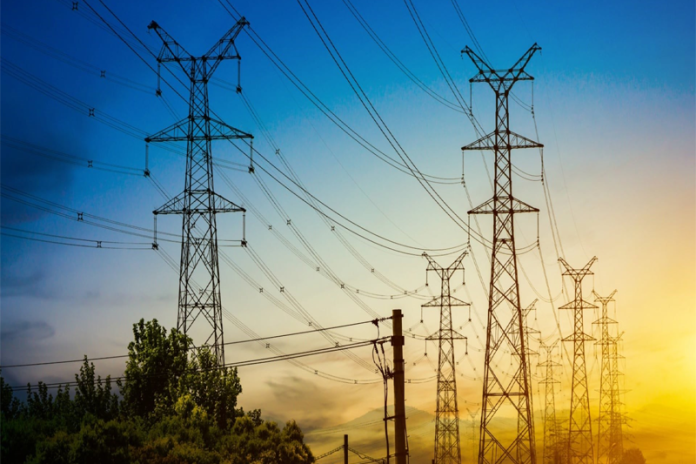Pak-Turkey trade needs to be balancing
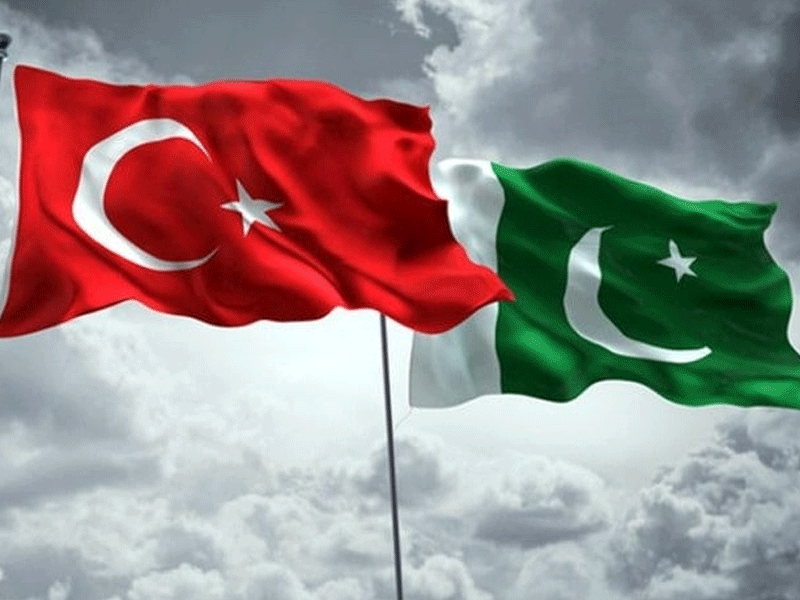
- 276
- 0
There is no denying that Turkey and Pakistan are two such countries that have an example of fraternal and friendly relations and they are presented as one soul, two bodies, or one nation, two countries. But unfortunately, the trade volume between these two countries, which has reached one-tenth of a billion dollars in 75 years, does not reflect the long-standing, deep-rooted brotherly and friendly relations between the two countries.
Pakistan used to be a role model country for Turkey in the past, but Pakistan is surrounded by difficulties due to its geographical and internal conditions.
In the meantime, however, Turkey has grown at a surprisingly rapid pace under President Recep Tayyip Erdogan, particularly Turkey's defense industry, with drones and domestically produced fighter jets drawing global attention.
Although Turkey has dominated the world in the production of drones, it has now started implementing plans to manufacture stealth fighter jets with large indigenous resources.
Due to America's blocking of Turkey's F-35 aircraft project, Turkish President Erdoğan, showing great wisdom, decided to build F-35-style stealth fighter jets in Turkey, because Turkish engineers had on F-35 in America. President Erdoğan, using the services of these engineers, decided to build a similar stealth warplane in Turkey.
President Erdoğan, while giving a statement on this behavior of the United States, said that the United States has done a great favor to Turkey, has set Turkey on the path of producing its own planes. In this way, Turkey Aerospace Industries started planning to produce the first stealth fighter plane 'Qaan' in the country and after day and night hard work and long struggle, it succeeded in producing its first stealth fighter plane by using local resources.
Turkey is the only country in the Islamic world whose warplanes have created a stir around the world. The one-seat aircraft is 21 meters (69 feet) long, 6 meters (20 feet) high, and has a speed of 2,210 kilometers per hour.
The aircraft will replace the F-16 in the Turkish Air Force's inventory as a fighter aircraft. Initially, a plan has been prepared to generate one billion dollars of revenue from the sale of these planes annually. This plane will begin its experimental flight in December. The head of Turkish Aerospace Industries, Taymal Kotal, has said that at this time, two fighter jets named Qaan are ready for flight.
Last week, Pakistan Air Force Chief Air Chief Marshal Ahmed Babar Sidhu visited Turkey on the special invitation of the Turkish Presidency and attended the graduation and flag hoisting ceremony at the Turkish Air Force Academy as a special guest. The participation of the Chief of Pakistan Air Force in the ceremony is a testament to the long-standing friendship between the two air forces.
Air Chief Marshal Sidhu thanked President Erdoğan for inviting him to the Turkish Defense University ceremony and expressed the continued solid partnership of Pakistan Air Force with Turkish Air Force. The Air Chief of the Pakistan Air Force said that we intend to jointly develop Turkey's indigenously developed 5th generation national fighter jet Qaan and in this regard, joint production of 5th generation fighter jets with Turkey. The project is being discussed with the Turkish authorities. During his visit to Turkey, he expressed determination to continue cooperation with Turkey in bilateral technology sharing and joint production and development of 5th generation fighter jets.
The historic visit to Turkey will not only strengthen the existing relations between the two brotherly countries, but will also pave the way for the joint development of the Qaan stealth fighter jet of the two countries. Earlier, Turkey's Minister of National Defense, Yashar Gülar, is in talks to include Pakistan in the project and an agreement with Pakistan is expected to be signed soon.
Pak-Turkiye trade endeavors also need to be balancing. Pakistan and Turkiye are close friends as they share various common grounds like they exercise same religion and are have also cultural affinities. Most importantly, Turkiye has always been supporting Pakistan during testing times at international fronts like the crucial FATF meetings, but the previous government failed to make efforts to translate this Turkish support into an easing of trade policy between the two states.
In June this year, when Pak team was in Turkey, the President Erdoğan also expressed his desire to further strengthen the relations of love and brotherhood. Taking advantage of the opportunity, the heads of many investment companies of Turkey met with Pak representatives, who were invited by the Prime Minister to increase investment in Pakistan. And assured the full cooperation of the Government of Pakistan in this regard. The areas discussed with Turkish investors for investment include energy, infrastructure, tourism, construction sector, engineering-based projects, low-cost housing schemes, solid waste management, waste-to-energy, tractor industry, etc. are Turkish investors have shown keen interest in increasing investment in these projects, which are of exceptional importance in Pakistan's current economic crisis.
Due to the political instability in Pakistan, not only the economic activities have slowed down, but foreign investment has also decreased. In such circumstances, the expression of desire of Turkish investors to invest in the country is welcome.
It may be recalled here that in the past, a substantial increase by Turkish government in duties on Pak exports had badly impacted Pak exports to Turkiye and had drastically cut our outbound shipments to Ankara. In 2017, Turkiye increased the duties on Pak exports form six per cent to a whopping 24 per cent due to which Pak exports to Turkiye were badly affected as they registered a huge cut of 69 per cent. On the contrary, Pakistan did not levy any such duties on Turkish good which poured our markets. So this trade imbalance which is due to the barrier of high duties on Pak exports must be removed by the President Erdogan government. That's why Pak traders advocate a free trade agreement (FTA) between the two countries on the lines of what we have with China and other countries to improve the volume of our bilateral trade.
Published in The Daily National Courier, September, 13 2023
Like Business on Facebook, follow @DailyNCourier on Twitter to stay informed and join in the conversation.



